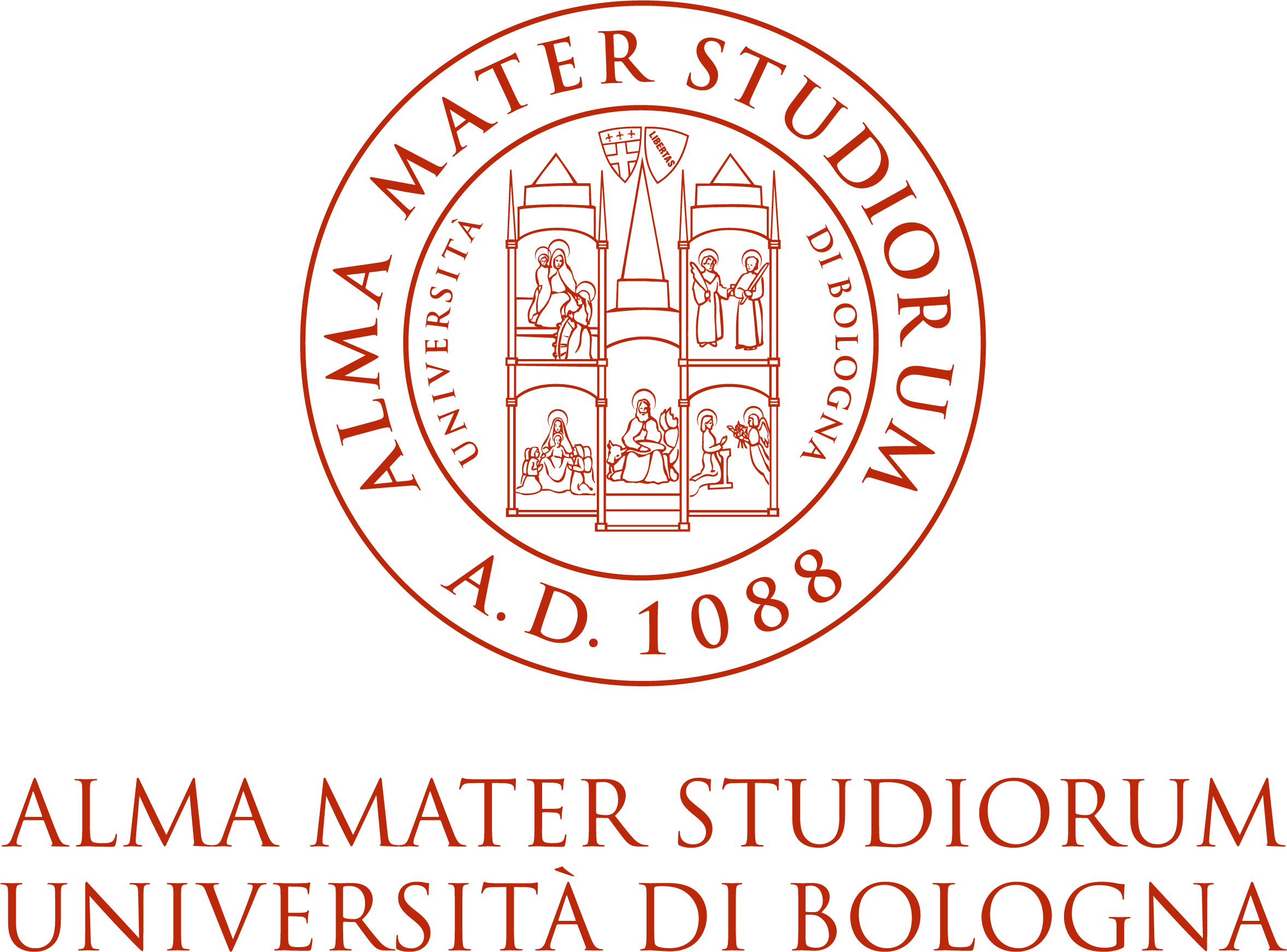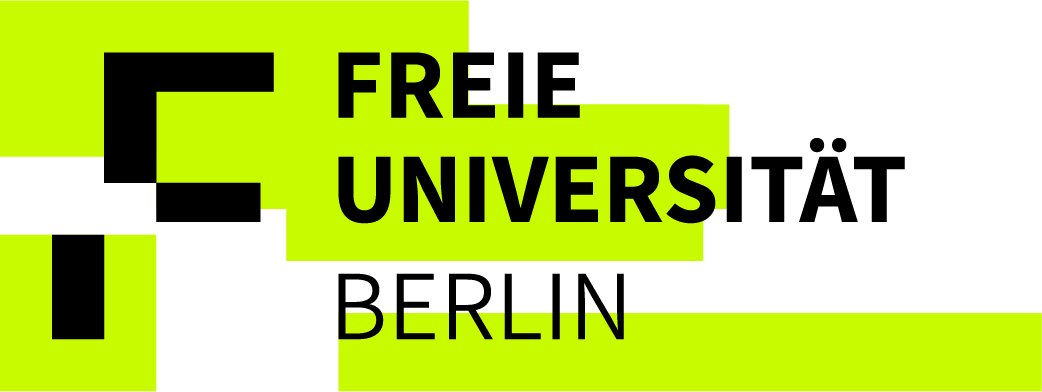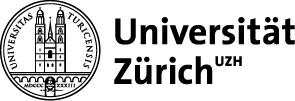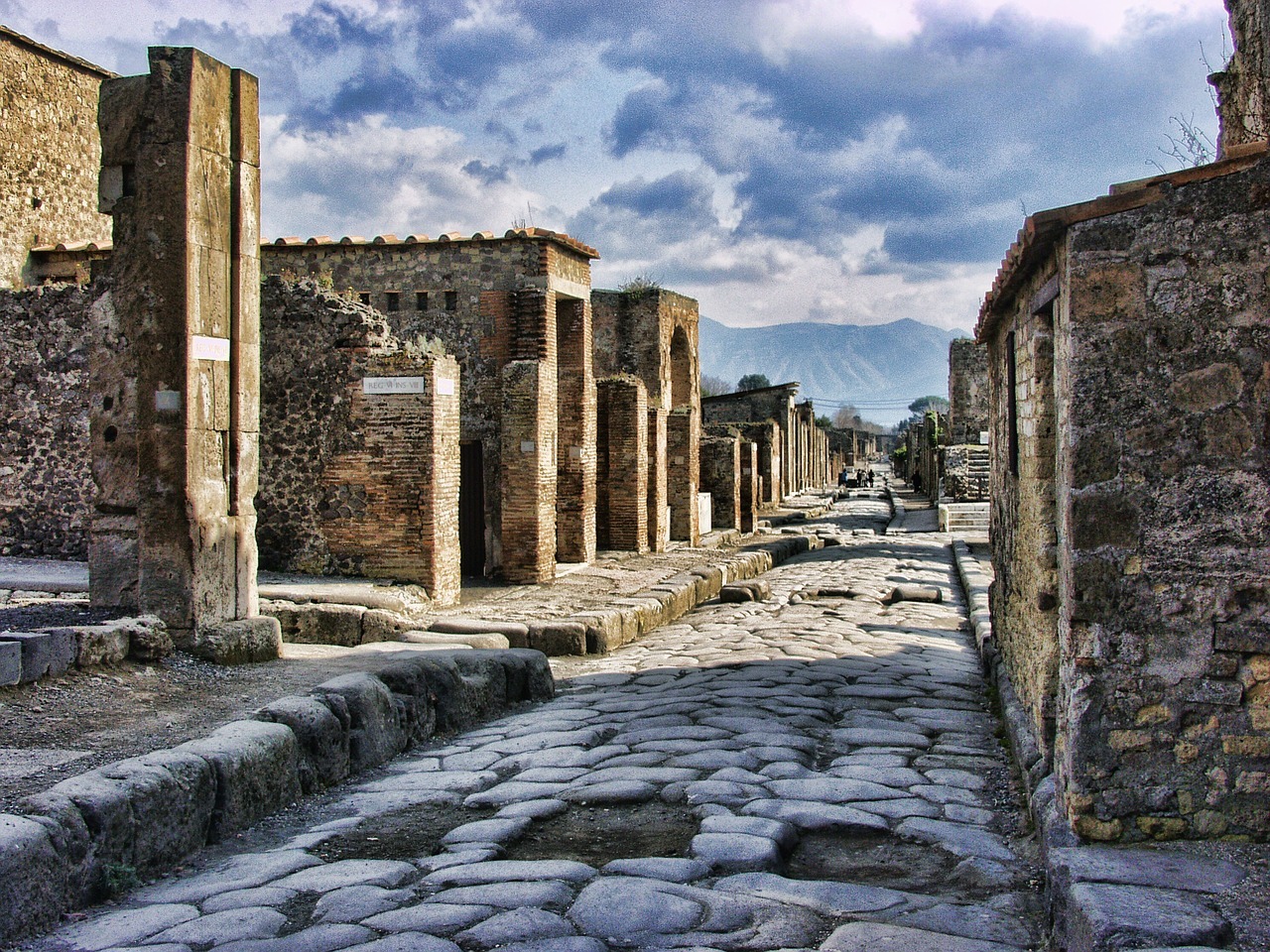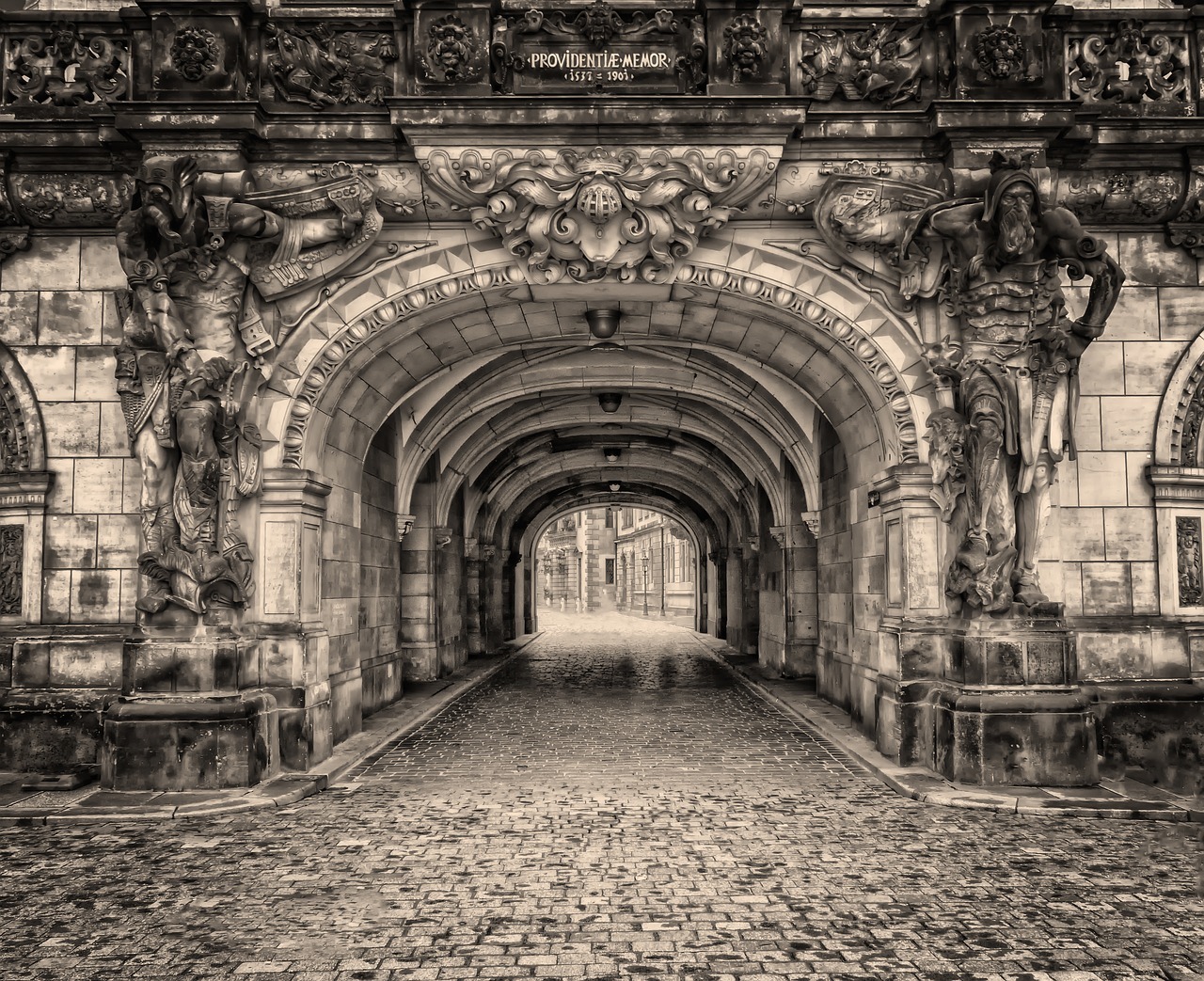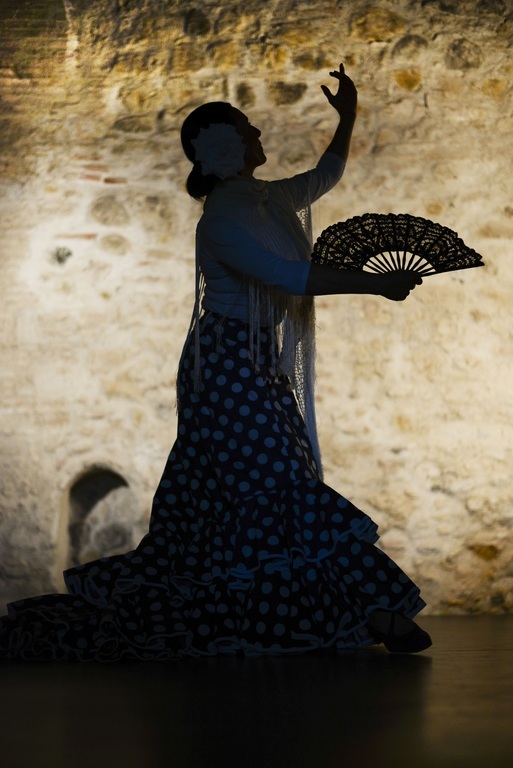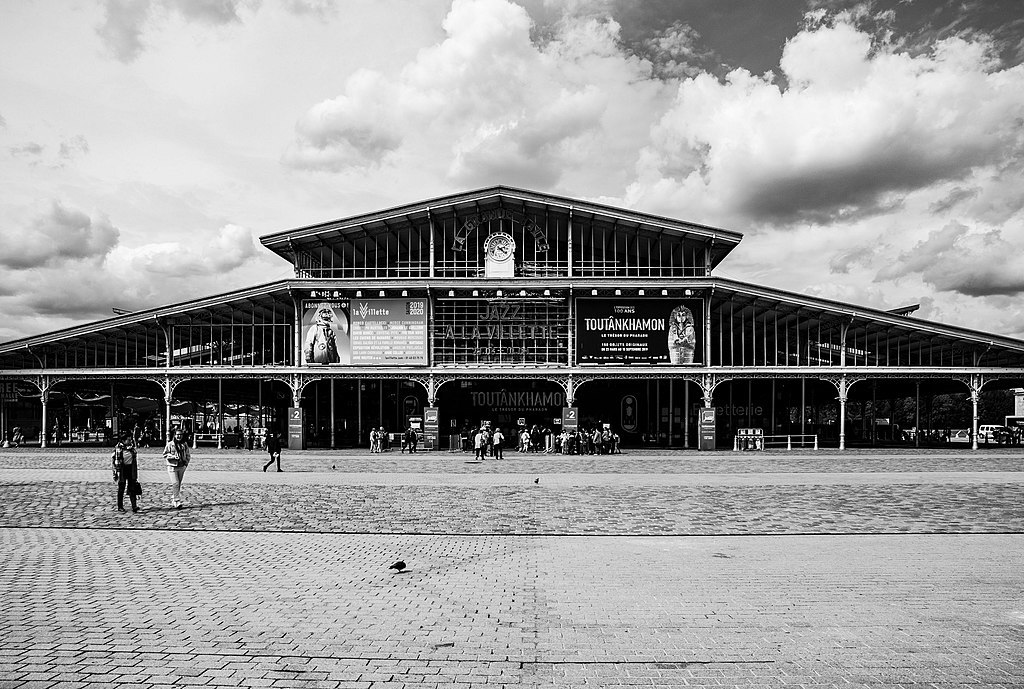Doctoral Programme in Cultural Heritage
Co-developed by
Second Cohort of Una-Her-Doc Doctoral Candidates 2022-2023
Bowen Chai
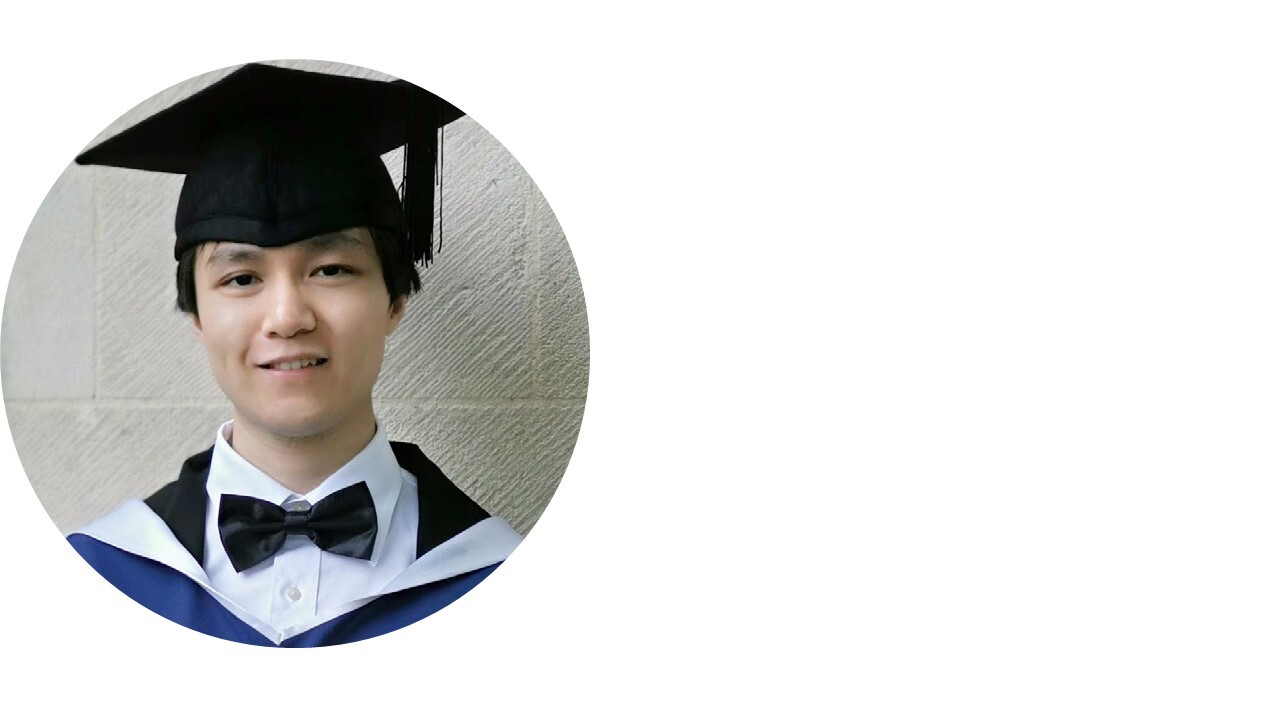
Thesis title: Tour Guides as Memory Workers: A Case Study of Waterloo Battlefield
Co-supervision: UoE & KUL
Biography: Bowen is a PhD student in Social Anthropology at the University of Edinburgh. He is interested in the intersections between cultural heritage, collective memory, and commercialization. His project at Edinburgh has thus far focused on examining how tour guides as precariat react to memory agendas and tourists’ needs.
Bowen received a B.A. in social anthropology from the Queen’s University of Belfast, an M.Phil. in Visual, Material, and Museum Anthropology from the University of Oxford, and an M.Phil. in Heritage Studies from the University of Cambridge. His research in these institutions explored identity and reenactment, museum practices and narrative construction, and the fluctuation of heritage and memory. All his fieldworks were conducted at Waterloo field, a site where he has studied since 2016. He has also worked as an intern at Mémorial Waterloo 1815 (Belgium) and the National Museum of China.
Outside academia, Bowen is a history lover who likes reading everything long ago and far way. He is also a badminton player and PC gamer.
François Jeandillou

Thesis title: The circulation of European travellers in the Middle East since the end of the 19th century: the construction of a common space through the tourism and heritage of places? The French point of view.
Co-supervision: UP1 & UNIBO
Biography: After the baccalaureate, I started studying history, obtaining a licence and then a master’s degree. I worked in particular on the modern period and I wrote a research paper on a court festival organised in Versailles in the middle of the 18th century. After passing the French teaching exams, I taught for 5 years in lycée and collège before resuming my studies in geography in order to prepare a doctorate on tourism issues. Thus, the preparation and validation of a master’s degree in geography allowed me to study in Canada and to work on two research papers: one on the socio-spatial evolution of the tourist accommodation model constituted by the youth hostels in France and Canada; the other dealing with the evolution of the tourist imaginary and heritagization of the Jewish quarter of Marrakech since the colonial era.
In the continuity of this last research, I decided to pursue the study of the evolution of the imaginary and the tourist practices related to the territories and the heritage belonging to the East of the Europeans in a thesis entitled “The circulation of European travellers in the Middle East since the end of the 19th century: the construction of a common space through the tourism and heritage of places? The French point of view”.
Beatriz Martínez Parra

Thesis title: Ethnic districts. Recent turistization and heritagization processes
Co-supervision: UCM & UP1
Biography: I am 24 years old. I live in Madrid. I have a degree in Tourism and a master’s degree in Planification and Management of Tourist Destinations, both at Complutense University of Madrid. I decided to study Tourism not just because it is a great industry (specially in Spain), but because it is a cross-cutting and at the same time multi-purpose issue. I decided the topic of my thesis while working on the Una Europa project named CUTE. In this project I studied, together with Maria García, Juan Angel Martin, Ana Yañez and other master’s students (as I was), heritagization processes in the districts of Usera and Villaverde. Usera is nowadays becoming the Chinatown of Madrid. I have been always interested in topics regarding ethnicity, anthropology, culture, heritage… And, since the Chinatowns of the world are touristy areas, it is interesting for me to study how the ethnic districts and neighborhoods are conformed, and to research firstly the heritagization processes of these areas and secondly the turistization processes, usually attached to the previous heritagization processes.
Arcangelo Massari
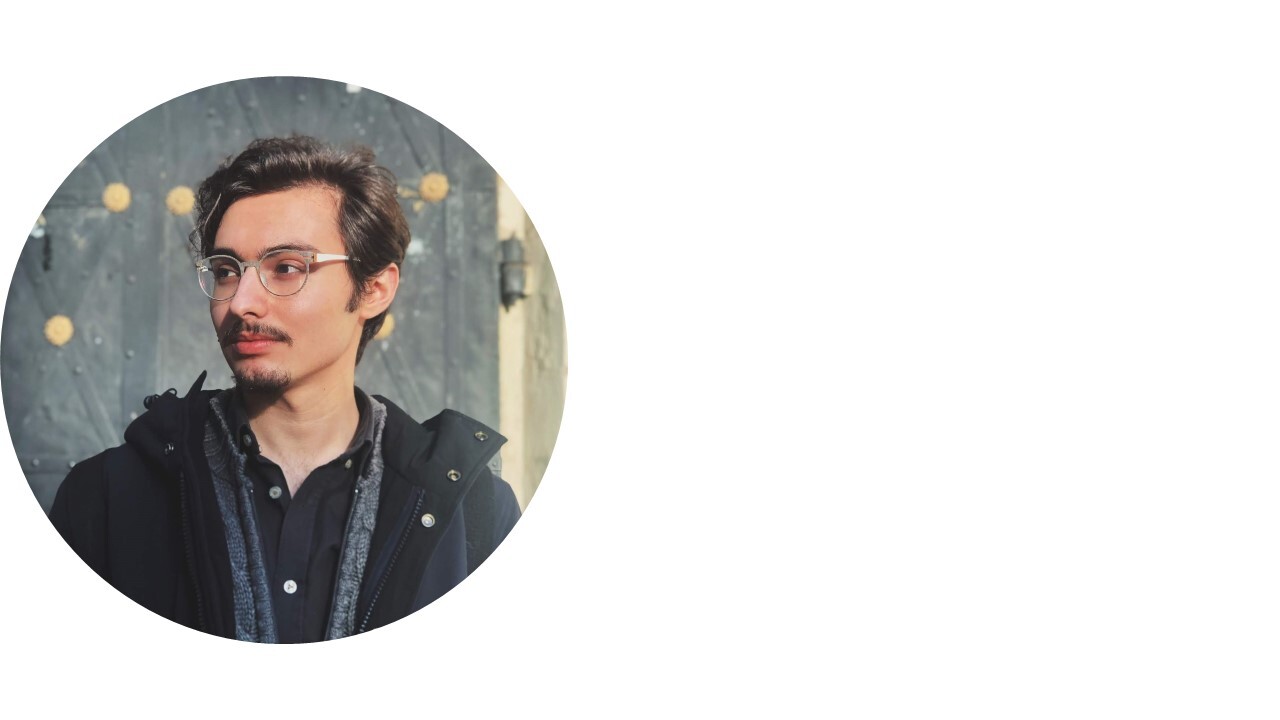
Thesis title: Custom Interfaces for Curating Metadata in the GLAM Domain
Co-supervision: UNIBO & KUL
Biography: Arcangelo Massari is pursuing a PhD titled "Cultural Heritage in the Digital Ecosystem" at the University of Bologna. His thesis, "Custom Interfaces for Curating Metadata in the GLAM Domain", focuses on user interface development for metadata management in Galleries, Libraries, Archives, and Museums (GLAM).
Previously, Massari was a research fellow at the Research Center for Open Scholarly Metadata at the same university. Here, he contributed to the development of OpenCitations Meta, a semantic bibliographic metadata dataset incorporating data from Crossref, PubMed, DataCite, and OpenAIRE.
Concurrently, he served as a Teaching Tutor for Computational Thinking and Programming and Data Science in the Digital Humanities and Digital Knowledge Master's program. Massari earned his Master's degree in the same program.
His primary research interests are the management of provenance and change-tracking in RDF, specifically in bibliographic metadata management, vital for maintaining data reliability.
Agnes Michalczyk
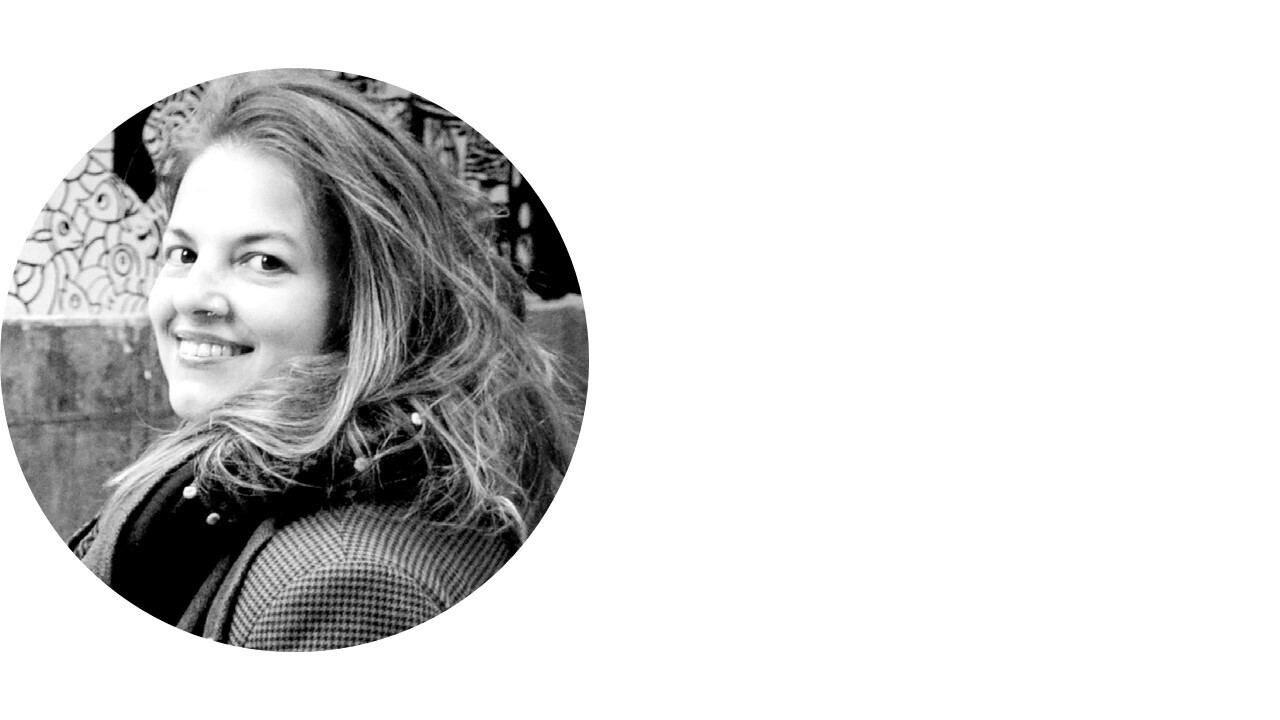
Thesis title: Augmented Identities – Immersive media and heritage in historic Cairo in Culture and Media management
Co-supervision: FUB & UoE
Biography: Agnes Michalczyk is a visual artist and educator living and working between Cairo. Graduated from Academy of Visual Arts in Leipzig she currently teaches at the Faculty of Applied Sciences and Arts at the German University in Cairo.
Her work is exploring the urban space of Cairo through a female perspective focusing on the city and its narratives, real or imagined. She works in a variety of media, painting, drawing and collage, between 2012-2016 mainly focusing on Street Art and since 2014 working in digital media, contributing to different art projects in Cairo and abroad. Agnes is currently pursuing her doctoral research: Augmented Identities (Working Title) – Immersive media and heritage in historic Cairo in Culture and Media management at Freie Universität Berlin.
Agnes has been using Street Art to interrupt and question the realities present in the streets of Egypt in terms of gender norms and how the design of urban spaces reflect and reinforce it. Recently her work explores the use of immersive media and heritage. Through Augmented Reality she emphasizes the visual connections between the remembered, the imagined and the real through intersecting virtual reality and actual urban space she explores the layers of experience each part of the city carries buried within.
Louis Petitjean

Thesis title: The birth of “world music” in the museum. Transnational socio-history of the patrimonialisation of non-European music in France, Italy, Belgium and Germany since the colonial period and at the postcolonial turn
Co-supervision: UP1 & UNIBO
Biography: I am Louis Petitjean, PhD student at Panthéon-Sorbonne University in Paris, France. I am very much interested in music and heritage, which blend perfectly in this project on Europe’s musical collections. My formation is rather based on sociology which explains my focus on the role of institutional power in the shaping of the representation of musical “otherness” through the patrimonialisation of non-European music. I wish to write a “transnational history of (music) museums”, in the lineage of the research program defended by Benedicte Savoy in her 2019 lecture at Collège de France. To that end, I try to shed light on knowledge circulation at the end of the 19th century, by looking at archives that mention curators trips, acquisitions, and all other forms of movement of museal objects, norms and values through colonial Europe.
Graham Skeate

Thesis title: Sedentary–Transient Relations in Scotland; in Relation to the Scottish Showpeople of Glasgow
Co-supervision: KUL & UoE
Biography: With a background in conservation and the arts, Graham Skeate’s preference for transience found him living and creating work within disused structures in Europe and the United States. The sociological reasonings for the stasis of these structures, and their extant draw within, led him to see them as instructive elements for more incorporative, open-ended ways of use. This led to an MSc in Architectural Conservation at The University of Edinburgh in 2021, where he merged his knowledge of building trades with the field’s scope of tangible and intangible consideration.
Seeing the history of conservation as a series of collective shifts in environmental perceptions, it became clear just how absent those who live anomalously are from such discourse. Embarking on an Una-Her-Doc with KU Leuven and The University of Edinburgh, he aims to assist the cultural communications –in this case architectural– of Glasgow’s Showpeople. This will be done in an interventionist fashion, using methods of design anthropology to clarify the clever, malleable micro-developments in question, as well as amplify their anomalous cause in these imbalanced, unsustainable times.
Elisa Vivaldi
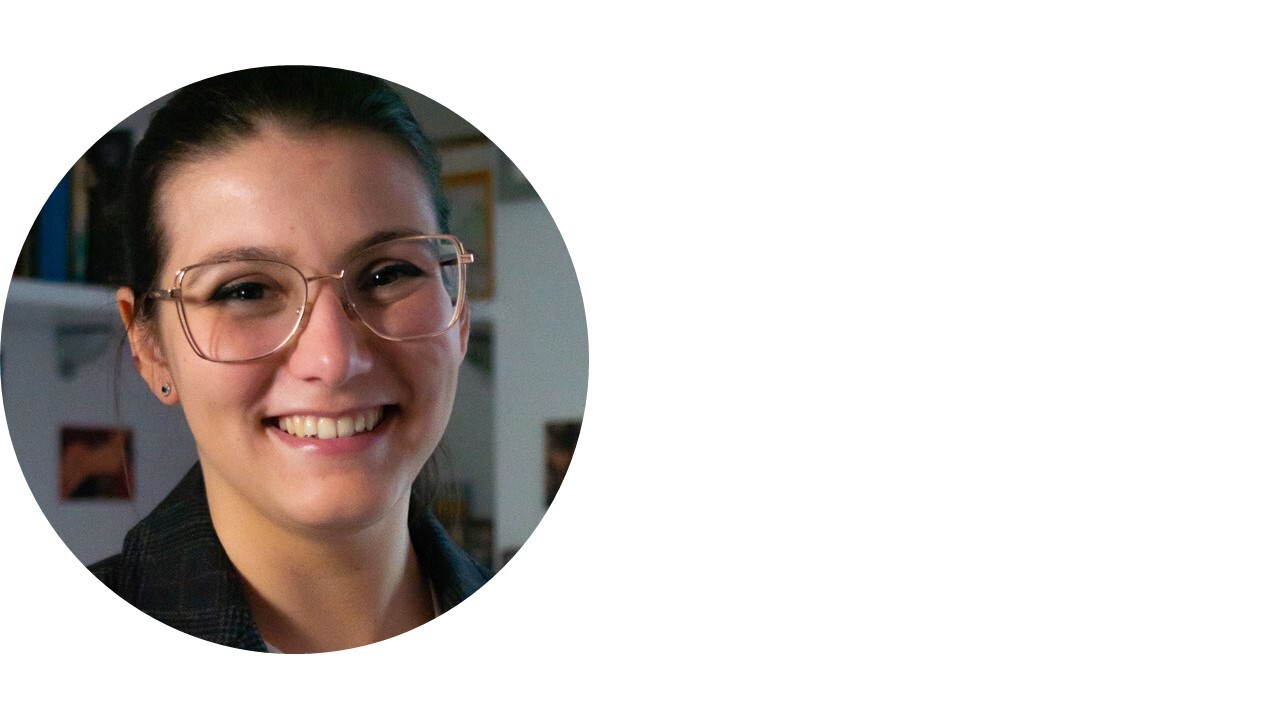
Thesis title: Finis Terrae. The European Subject: A Compromised Paradigm
Co-supervision: UoE & KUL
Biography: Elisa Vivaldi is a current PhD candidate and Tutor in Italian at the University of Edinburgh, where she investigates the way in which literary and philosophical production informs and influences our understanding of identity and community. Her PhD project intends to shed light on the mechanism behind the production of a shared European Cultural Heritage in the years following WWII, and on the way in which it influenced the construction of a marked, yet problematic, European Identity. Her proposal was awarded the prestigious College Research Award, that will fund the research for the duration of her doctorate. While her main research interests are concerned with Contemporary Italian Literature and Thought, she always favoured a comparative approach. Her work intersects the fields of Literary Theory, Aesthetics, Continental Philosophy, Biopolitics and Mimetic Theory, thriving in interdisciplinarity and a marked theoretical drive.
Elisa obtained both her master’s degree in Italian Studies (Laurea Magistrale in Italianistica) and her bachelor’s degree in Humanities (Laurea Triennale in Lettere) with honours at the University of Pisa, where she was then appointed and still serves as Subject Expert (Cultore della Materia) in Contemporary Italian Literature.

